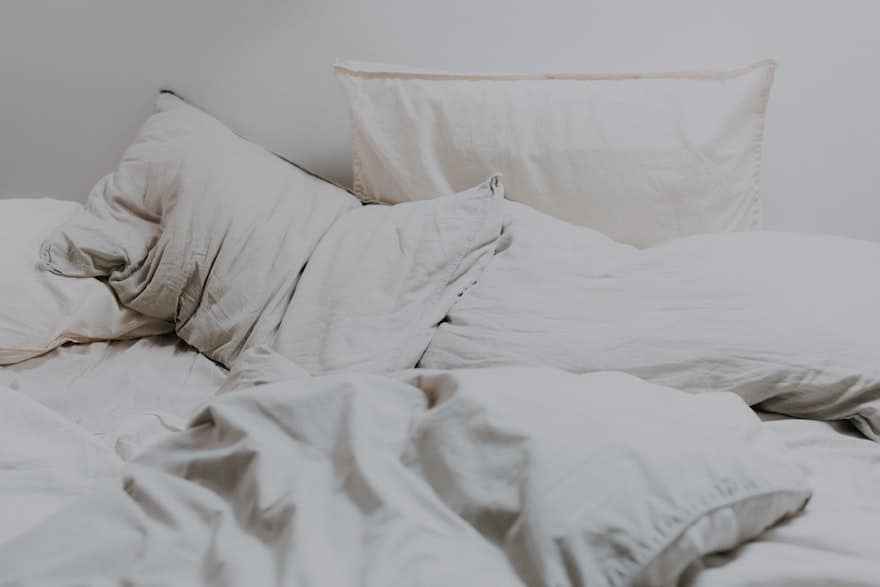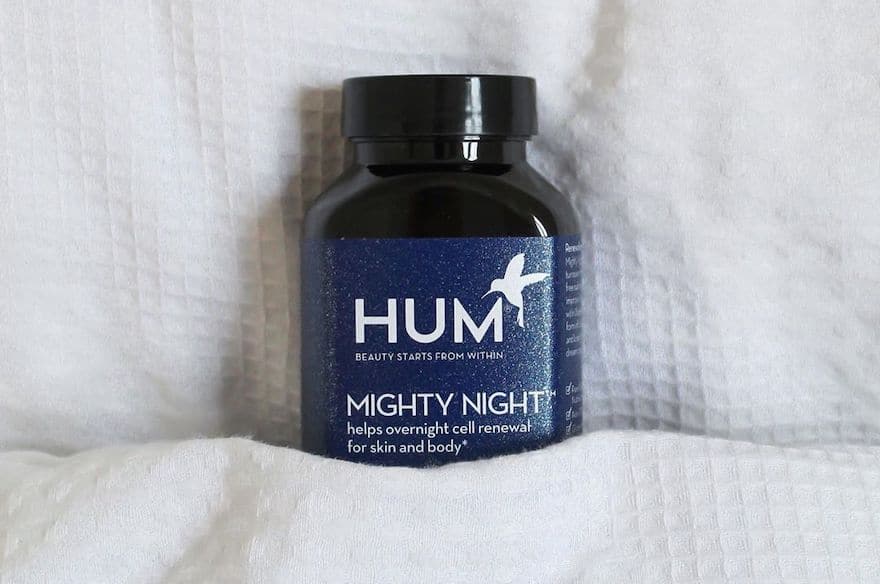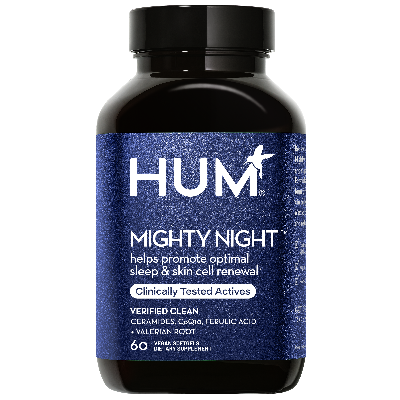Why Valerian Root Is Legendary for Sleep and Stress
Looking to get more quality zzZz’s and stress less? Enter: valerian root for sleep.
It befits a plant as legendary as this one to have a name like valerian. It honestly sounds like a Game of Thrones character we thought was going to be a villain, but who just turned out to be fairly benign and into scowling while sharpening things.
Though misunderstood for its strong smell (wow, maybe it really is a character on GoT…) and storied for its ability to charm and induce deep sleep, valerian is quite the opposite of villainous. Read on to learn more about how to use valerian root for sleep—and everything else to know about one of the most powerful herbal allies in all the land..
What Is Valerian Root?
Valerian, scientifically known as Valeriana officinalis, gets its name from the Latin valere, meaning strong. According to age-old tales, herbalists in the 10th century named this plant for its overwhelming odor. It’s also sometimes called garden valerian, phu, or all-heal.
Valerian root is native to Europe and Asia and naturalized in North America. This perennial plant has been documented for use since Ancient Greek and Roman times, though it was likely used long before then. According to the legend of the Pied Piper, he used this plant to charm children and rats alike.
Valerian Root Benefits and Uses

So, what does valerian root do? Here are the valerian root benefits and uses you should know.
Valerian Root for Sleep
Good news for insomniacs everywhere: Of all the benefits valerian root is known for, its greatest is its incomparable ability to help you achieve a good night’s sleep. Valerian contains terpene alcohols called valepotriates, plus monoterpenes and sesquiterpenes, in the form of volatile oils. These actives impact the gamma aminobutyric acid receptor in humans, producing a sedative effect.
Valerian has been shown to improve both sleep quality and sleep latency (aka the amount of time it takes you to fall asleep). Taking valerian root for sleep can help you feel refreshed and revived upon waking, which is always a welcome side effect. You can take valerian root for both acute and chronic insomnia.
Valerian Root for Stress
Thankfully, there’s equally good news for those of us who are prone to stress. Unsurprisingly, the qualities mentioned above make valerian root a winning herbal choice for stress management. It stands to reason that a root described as sedating and hypnotic would be a force against tense times.
Valerian root works on the nervous system rather than the musculoskeletal system, but you might be fooled given its full-body relaxant effect. It’s possible that the regulatory effect of valepotriates on the autonomic nervous system may contribute to its ability to combat stress.
However, of all the 150-plus constituents in valerian, none are proven to be singularly responsible for its superpowers. The reasoning is most likely due to the fact that specific compounds that inform the complex chemistry of the plant work together to create valerian’s healing profile. Think of it as teamwork at its finest.
Valerian Root vs. Melatonin
What is the difference between valerian and melatonin (another common natural sleep aid)?. The biggest one is that our bodies naturally produce melatonin. Melatonin is a hormone produced by the pineal gland, which you can also take as a sleep supplement (such as HUM Nutrition’s Beauty ZZZZ).
Simply put, melatonin can help you fall asleep while valerian root will help you stay asleep. It’s safe and effective to combine the two natural sleep aids. You can also choose to alternate between the two from one night to the next.
Is Valerian Root Safe?
Valerian Root Precautions
Consult your doctor before using valerian root supplements or valerian root tea alongside other sleep medications, whether prescription or OTC. You also shouldn’t take it with alcohol.
But how long does valerian root stay in your system? It’s possible that valerian stays in the system for up to two weeks. It’s not considered to be addictive, though further studies are needed to make a conclusive claim. As with all herbs, use it safely and respectfully to benefit from its power and potential.
When it comes to valerian root and pregnancy, you shouldn’t take it if you’re pregnant or breastfeeding. You also shouldn’t take valerian root within two weeks of surgery due to its effects on the central nervous system.
Valerian Root Side Effects
Valerian is generally safe. However, it can potentially cause a number of mild side effects including dizziness, headache, and digestive issues. It’s also been reported to induce vivid dreams.
How to Take Valerian Root For Sleep

You can take valerian root in a variety of ways. First, you can opt for a valerian root supplement (like HUM Nutrition’s Mighty Night) in capsule form and take it 30 minutes to two hours before bedtime.
It’s also lovely brewed in a tea (and drinking a hot bedtime treat is dreamy in and of itself). Wondering about valerian root dosage here? Steep two to three grams of the dried root in a cup of hot water for 10 to 15 minutes, depending on the desired strength. Additionally, valerian and kava (another herbal remedy) create a stellar, soothing combination.
Valerian root works best when you take it cumulatively for a couple of weeks.
The Takeaway
Whether you have ongoing battles with sleep or stress, or you just need some extra snooze support every once in a while, rest easy knowing valerian has you covered. This powerful root will take your beauty sleep to the next level, leaving you feeling refreshed and ready to take on the day. Now that’s what we call a sweet dream.









